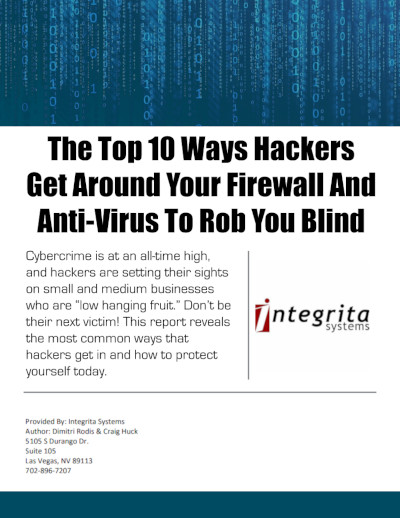 As technology continues to spread worldwide, malware designed for stealing personal information is being created by criminals to take advantage of the weaknesses in email systems. Phishing is an attempt to trick individuals into sharing sensitive information, money, and more by sending an email that looks legitimate. It's important to know how these threats work, how to properly handle phishing emails, and what steps to take if you receive this type of fraudulent message.
As technology continues to spread worldwide, malware designed for stealing personal information is being created by criminals to take advantage of the weaknesses in email systems. Phishing is an attempt to trick individuals into sharing sensitive information, money, and more by sending an email that looks legitimate. It's important to know how these threats work, how to properly handle phishing emails, and what steps to take if you receive this type of fraudulent message.
Here are just a few examples of what phishers are capable of when attempting to steal our private personal details: downloading credit card numbers, stealing passwords and account numbers, and stealing customer or employee information.
Phishing Emails Can Be Deceiving - The recent rise in digital scams involving phishing emails has been extremely disturbing. Phishers send seemingly harmless email messages to unsuspecting victims who unknowingly click on malicious links contained within the email message. Once phished, potential victims can end up handing over all of their personal user information to scammers. We encourage all individuals to take steps to minimize the chance of being tricked while doing their daily tasks such as checking email.
Look Out For Known Spam Patterns - When someone is setting the stage for a phishing attempt, the email will often use language that doesn't seem real. For instance, instead of saying, “Your payment card was activated through PayPal, please log onto http://paypal.com/secure/ .” a phisher says, “You need to activate your Visa. You can do it yourself, or you can contact customer support.” This is how scammers gain the trust of their victims. The first thing you should do when you receive an urgent email is read the whole text carefully. If you see anything that sounds off or strange, such as misspelling, or odd-looking links, contact the sender via a different channel such as calling or social media to make sure the email is legitimate.
But what should you do when you click THAT link by mistake? Don’t assume you’re fine because nothing happened. Hackers have intentionally designed their attacks so that you don’t know anything has changed. Hackers often hide for months in a network. What do you do? Contact your IT department or us IMMEDIATELY. The faster we can address the threat, the better your chances are of preventing much bigger problems. We’ll go to work immediately on conducting a full scan of your network and/or taking the appropriate actions to protect you. Don’t accept something at face value. Never send money, log on to websites, or enter any personal data. You have to be proactive in protecting your organization!
To schedule a free 10-minute discovery call go to: https://go.appointmentcore.com/multiservice/J8iZWB2 or give us a call at 702-896-7207.



